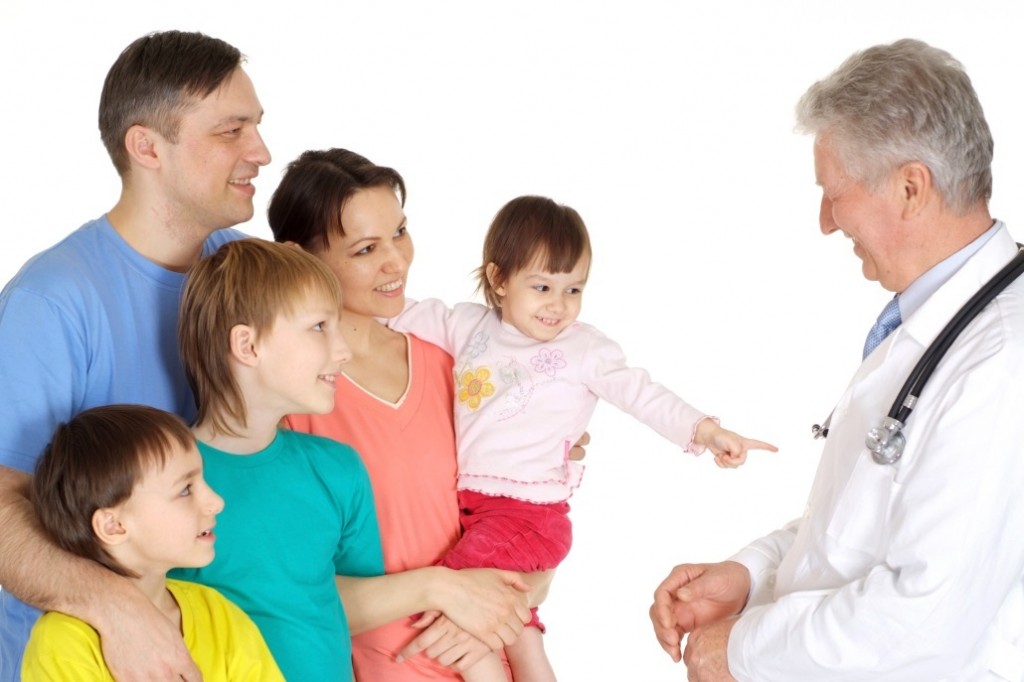Our Friends from The Pleural Mesothelioma Center asked if we would be willing to share information about Pleural Mesothelioma. This type of cancer is not common among children and young adults, however, when one member of the family has been exposed to asbestos the rest of the family (including children) are at risk.
Please take a moment to read the article and feel free to contact them at
PleuralMesothelioma.com for questions.
Thank you.
Angie
====
The Effect of a Mesothelioma Diagnosis on Your Family
Receiving a mesothelioma diagnosis can come with a string of emotions, and it will be a difficult and confusing time for family and loved ones, especially teens and young adults.
Mesothelioma is a rare, asbestos-related cancer that develops in the thin lining of the lungs, heart or abdominal cavity and is primarily caused by the persistent inhalation of asbestos fibers. These fibers can become lodged in the body, causing a tumor to develop decades after the initial exposure to asbestos.
Anyone who has been exposed to asbestos is at risk for developing mesothelioma or related conditions. Teens and young adults are at low risk if they live in a home or attend a school that was built before the 1980s, which may contain asbestos materials; however, men between the ages of 50 and 70 are most likely to develop mesothelioma from occupational exposure.
Family members of workers who are exposed on the job are also at risk, as asbestos fibers can be carried home on clothing or the skin, or in the hair.
Mesothelioma is an aggressive type of cancer with an unfavorable prognosis and is often associated with debilitating symptoms. As with other cancers, there is no known cure for mesothelioma, but there are treatment options such as chemotherapy, surgery or radiation. These options largely depend on the stage of the cancer and other factors. Early diagnosis is important in extending a patient’s life. If caught in its later stages, treatment options may be limited.
There are a lot of emotions involved in such a diagnosis, and it can be hard to watch a loved one go through such a trying time in their life. Sometimes loved ones can feel helpless or that they can’t do enough, which can lead to stress and other emotions that may interfere with their relationship with their loved one.
Coping With a Mesothelioma Diagnosis in the Family
Not only are emotions compromised when a parent or grandparent is diagnosed with mesothelioma, but daily life will also change. Mesothelioma can lead to chronic pain, shortness of breath and significant weight loss. All of these factors can contribute to difficulty in completing daily routines and may even lead to depression.
Just like patients have to learn to cope with their illness, their children and grandchildren also will need to learn to adjust. This may mean helping their loved one complete daily tasks or run errands that were not previously their responsibility.
It is important for teens and young adults to keep an ongoing relationship with their loved one who has been diagnosed with mesothelioma. Simple, daily conversations can serve as a reminder that the diagnosis does not define the relationship and that there is still hope.
Resources for Family Members
There are a number of resources available for mesothelioma patients and their families.
-
Support Groups. Support is especially important for anyone whose family member has been diagnosed with mesothelioma. Support groups can provide tips and stories from others going through a similar situation and may be able to give young adults some guidance.
-
Therapy. If a young adult needs more support, a therapist or counselor can help sort out emotions that come with a mesothelioma diagnosis in the family.
-
Information. The more patients and their families know about mesothelioma, the better. Many cancer and mesothelioma groups provide free informational packets that include information that can help young adults cope with a parent or grandparent’s diagnosis.



